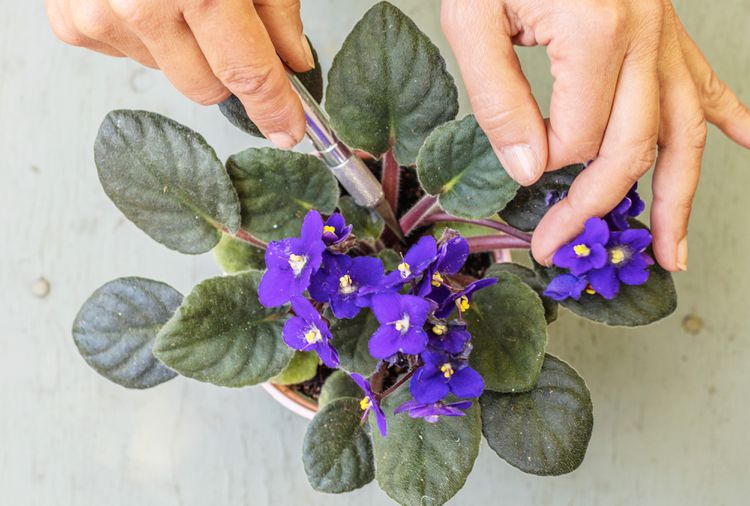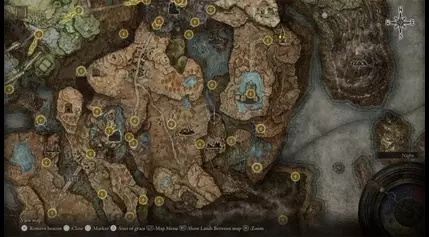Celebrating the Gift of Life: The Transplant Games Showcase the Power of Organ Donation
Birmingham, Alabama, the "Magic City," is the perfect host for this year's Transplant Games of America, a biannual sporting event that celebrates the incredible power of organ donation and the resilience of those who have received a second chance at life. The Games bring together living donors and organ recipients, showcasing their remarkable physical prowess and the transformative impact of this life-saving practice.Unlocking the Extraordinary Potential of Organ Donation
A Showcase of Resilience and Triumph
The Transplant Games of America, organized by the Transplant Life Foundation, is a testament to the human spirit. Established in 1990, the Games feature a diverse array of sporting events, from track and field to swimming, cycling, tennis, golf, and basketball. These competitions not only highlight the physical capabilities of living donors and recipients but also serve as a powerful reminder of the profound impact of organ donation.For the participants, the Games represent a unique opportunity to connect with others who have faced similar challenges, whether it be navigating dietary restrictions, managing medication, or navigating the complexities of medical insurance. The camaraderie and support found within this community are truly inspiring, as they share their personal stories and celebrate each other's successes.
Families of deceased donors also find solace and meaning in the Transplant Games, as they are given the chance to share their loved ones' legacies with those who have directly benefited from their ultimate sacrifice. The Games serve as a vibrant and life-affirming reminder that the sacrifices of these donors were not in vain, but rather, have given the gift of life to those in need.
Bridging the Gap: Addressing the Challenges in Organ Donation
While the Transplant Games celebrate the triumphs of organ donation, the underlying reality is that the demand for organs far outpaces the supply. According to Bill Ryan, President and CEO of the Transplant Life Foundation, there are currently around 110,000 people on the transplant waiting list in the United States, and 15 to 17 of them will die every day waiting for an organ that is not available.One of the key challenges lies in the evolution of the organ donation landscape, which has shifted from a primary focus on recovering organs from deceased donors to a growing emphasis on living donation. Ryan explains that while living donations now account for around 20% of all donations, the existing organ procurement infrastructure is not well-suited to handle the complexities of this new paradigm.
The lack of a centralized national database to track potential living donors is a significant obstacle, as it limits the ability of transplant centers to maintain and connect with a larger pool of interested individuals. Additionally, Ryan highlights the need for more comprehensive advocacy and support services for both recipients and donors, as well as increased research into the long-term health implications of anti-organ rejection medications.
Addressing Racial Disparities in Organ Donation
Another pressing challenge in the organ transplant landscape is the persistent racial disparities that exist. Ryan emphasizes that people of color are not served to the same degree as the rest of the community when it comes to both donating and receiving organs.Factors such as social and economic barriers, as well as a lingering mistrust of government and "Big Brother," have contributed to the multicultural community being underserved in this area. The Transplant Life Foundation recognizes the importance of addressing these disparities and is committed to educating and empowering the multicultural community to become more comfortable with the idea of organ donation.
By addressing these systemic challenges and modernizing the organ donation infrastructure, the Transplant Games organizers and the broader transplant community aim to unlock the full potential of this life-saving practice. Sport remains a powerful and culturally compelling tool for raising awareness and inspiring action, and the Transplant Games are a shining example of how this can be leveraged to make a tangible difference in people's lives.




















